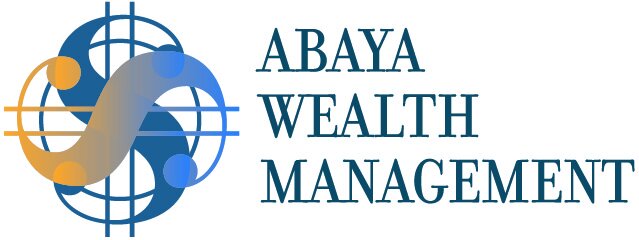Maximizing Your Retirement Savings: The Roth 401(k) Advantage
Last week, my son Jonathon started his first “adult” job. You know, a job with a salary, benefits, and a future! This past weekend he called me to help him set up his benefits. We went through everything including his retirement contributions. I told him to save 15% of his income because he could afford it. He has never made this much money and has no dependents or liabilities yet, so he won’t miss what he’s never had. It also sets a great precedent for the rest of his career.
A valuable piece of information that I want to convey from this experience is that, when you review your benefits during the open enrollment period, most companies' 401(k)s now offer both pre-tax and post-tax options. Jonathon invested 10% of his income into his 401(k) and 5% into his Roth 401(k). Up until a few years ago that option was available in only a few companies.
Investing in a Roth 401(k) can be a smart financial decision for several reasons:
Tax-free withdrawals in retirement:
Roth 401(k) contributions are made with after-tax dollars, which means that when you withdraw the money in retirement, you won't owe any taxes on the contributions or the earnings, as long as you meet certain requirements. This tax-free status can provide significant tax advantages in retirement.
Diversification of retirement savings:
For example, people who have saved all their life in the 401(k)’s, based on the fact that during their retirement years their taxes would be lower, are discovering that the amount they have to take out due to RMD’s has led to a substantial tax bill.
By contributing to a Roth 401(k), you diversify your retirement savings in terms of tax treatment. This can be beneficial because it gives you flexibility in managing your tax liability in retirement. You can choose to withdraw funds from your traditional 401(k) and Roth 401(k) in a way that minimizes your tax burden.
No required minimum distributions (RMDs):
Roth 401(k)s are not subject to required minimum distributions (RMDs) during your lifetime, unlike traditional 401(k)s, which require you to start taking minimum distributions at age 72. This means you can let your investments continue to grow tax-free for as long as you like, which can be advantageous for estate planning or if you don't need the money right away.
Long-term growth potential:
Like traditional 401(k)s, Roth 401(k)s offer the potential for long-term growth through investments in stocks, bonds, and other assets. Over time, this growth can significantly increase your retirement savings.
Flexibility in contributions:
Roth 401(k)s allow you to contribute to your retirement savings in addition to a traditional 401(k) or other retirement accounts. This flexibility can help you tailor your retirement savings strategy to your specific financial situation.
Access to contributions without penalties:
In certain circumstances, you can access the contributions (but not the earnings) you've made to a Roth 401(k) without penalties or taxes before retirement. This can provide a degree of flexibility and financial security.
Understanding benefits provided by your company can lead to you keeping more of your money and allowing that money to grow for you! The Roth 401(k) is an excellent example of a benefit many employees may not be aware of. It is worth consulting with a Certified Financial Planner to ensure you are getting everything you can from the company you work for. Feel free to contact me with any questions.
